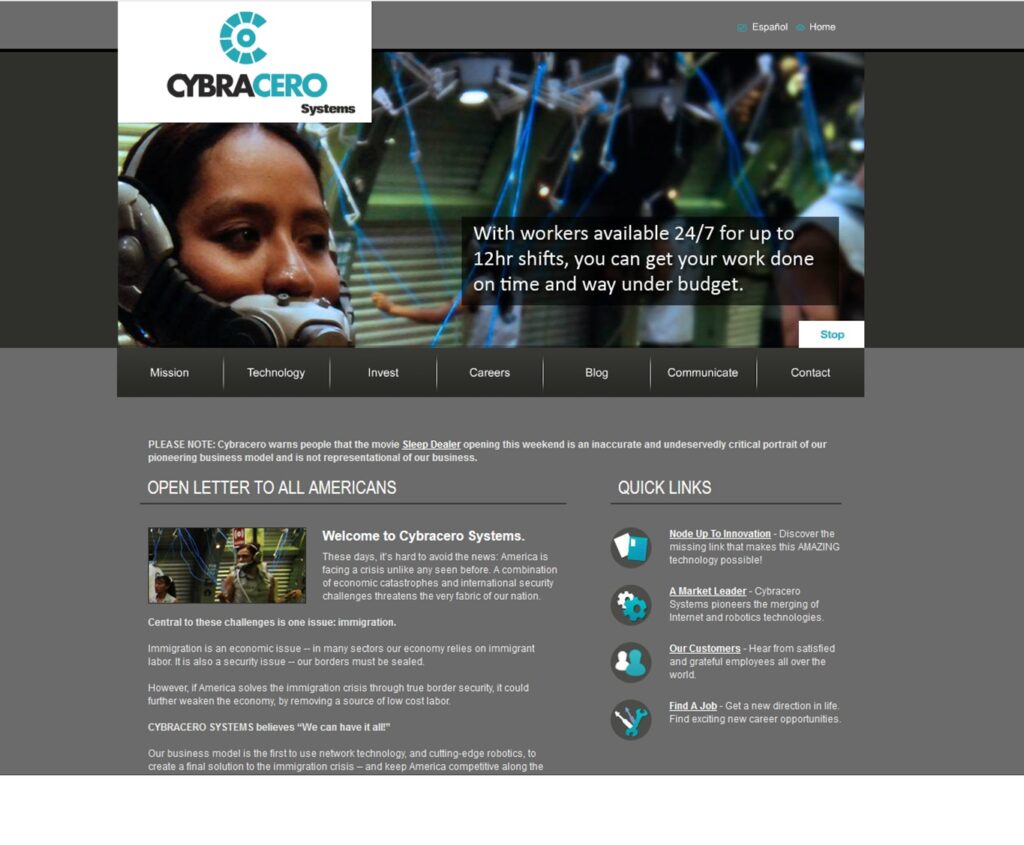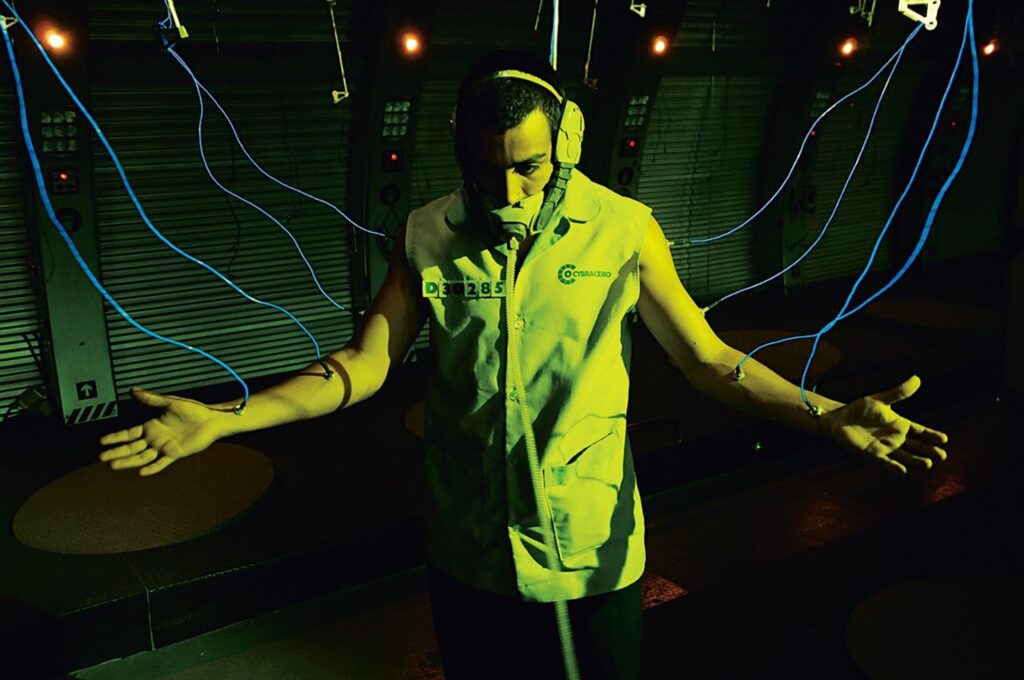Khanh Vo, JHI-CDHI Digital Humanities Postdoctoral Fellow for 2022-23

This past year, we’ve welcomed new staff members, supported undergraduate and graduate fellows, increased our leadership team, and set up community networks across the tri-campus. So, with the exciting addition of three new postdoctoral fellows this summer, we wanted to get to know a little more about them as we head into the fall term — and we thought you might, too! We sat down for a quick chat with Katie Mackinnon, Rachel Corbman, and Khanh Vo. Learn about their research, what’s on their shelf these days, and more.
CDHI: Can you tell us a bit about your research?
Khanh Vo: My research, broadly speaking traces the historical relationship between mechanization and human labor in concert with questions of race, gender and design. Specifically, I use the cultural figure of the robot to think through how the post humanism of the past is raced and gendered. Through case studies, I look at human-machine interaction, cooperation, and co-existing. I am particularly interested in how the processes of mechanizations are superimposed onto laboring bodies, from the enslaved worker to housewives to migrant worker, while there is a simultaneous and continual denial of workers’ mechanized bodies. This is a process of dehumanizing and deskilling human labor. It is, in large part, colonialism’s continued influence to reframe bodies of color and the racial violence done to them as the constitutive norm of the West. This topic is particularly relevant today, in the era of COVID-19 where we utilize robots and machines that cannot catch COVID, but there is always a human operator behind every machine and those essential workers are still largely people of color and women.

CDHI: What drew you to this work?
KV: In my first year of grad school, I wrote a paper on reborn dolls, which are dolls remade to look hyper-realistic. As I started to take more DH courses, I fell into researching artificial and mechanical life that eventually led to robotics. The more I researched, the more concern I became about the human labor that had been eclipsed in our discourse about mechanization and automation. The pandemic created an urgency to talk about human-machine labor given how essential workers and frontline workers were being treated. The quote Alex Rivera’s film Sleep Dealer, what everyone wants is “all the work without the workers.” My research is really a response to how we have culturally undervalued and obfuscate the labor of minorities and those at the margins under the guise of technological innovation and progress.

CDHI: What are you going to be doing this year at CDHI?
KV: I am heading organizing the lightening lunches and assisting Professor Thy Phu on the Research working group.
CDHI: Can you tell us about any courses you’ll be teaching?
KV: I applied to teach two courses and am waiting for confirmation: HIST210: Introduction to Digital Humanities in the Fall semester and HIST410: Doing Digital History in the Spring semester. As a historian and digital humanist, I see these two courses building off of each other. Both courses explore the theories and methods of digital humanities works while integrating digital platforms and evaluations into student research projects.
CDHI: What’s on your writing playlist?
KV: I listen to combination of Studio Ghibli soundtracks, videogame soundtracks (particularly Zelda and Elder Scroll), and everything by Tom Petty.
CDHI: What are you reading at the moment?
KV: I am currently reading The City We Became by N.K. Jemisin. After reading Jemisin’s Broken Earth Trilogy, I became such an avid fan of her writing and worldbuilding. In The City We Became, an urban fantasy novel set in New York City, Jemisin presents us with the concept that cities are sentient. A city can die and be reborn. The rebirth of a city is represented by avatars, beings who are the literal embodiment of the city. The novel follows a group of five avatars who embodies the five boroughs of New York City. It is the first book of a planned trilogy, and I can’t wait to finish it in time for the second book’s release, The World We Make, in November.
Khanh V.N. Vo is the 2022-23 JHI-CDHI Digital Humanities Postdoctoral Fellow. Dr. Vo (Ph.D. College of William and Mary, 2021) completed her doctorate in American Studies and has consistently worked toward a career that spans academic teaching, public history, and the digital humanities, which she approaches through the lens of digital culture, game studies, and scientific and technological discourse.
Her research examines how the labor of marginalized groups can be understood through the discourse of robotics and automation, and more broadly, how discourses on robotics within the humanities and within science and technology communities have diverged.
Dr. Vo will join the JHI for the Labour theme year to work on the project “‘All the Work Without the Workers’: Robotic Labor in the America Imaginary.”
